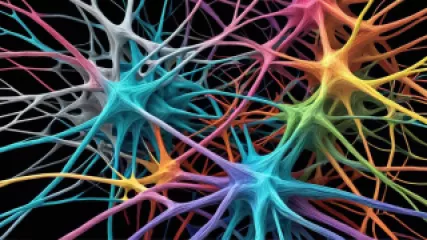Conquering Fear of Failure: A Step-by-Step Guide
1 year ago
Fear Of Failure
Top 10 Therapists for Married Couples
1 year ago
Marital Issues
Breaking Free: Self-Care Strategies to Overcome Victim Mentality
1 year ago
Overcoming Victim Mentality
Navigating Life Transitions: A Personal Perspective
1 year ago
Life Transitions
Exploring Self-Help Resources for Depression: A Personal Perspective
1 year ago
Depression Self Help Tips
Life Lessons on Dealing with Fear of Change from a Book or Movie
1 year ago
Overcoming Fear of Change
My Evolution in Understanding Theories of Intelligence
1 year ago
Intelligence Theories
Effective Coaching Strategies for Educational Psychology
1 year ago
Educational Psychology
How to Navigate LGBTQ+ Therapy Sessions
1 year ago
Sexual Orientation
Life Lessons: Uncovering Your Purpose Through Stories
1 year ago
Finding Life Purpose
Shaping My Identity: How My Parents Molded My Personality
1 year ago
Parental Influence on Personality
Mastering Forgiveness in Relationships: A Practical Guide
1 year ago
Psychology of Forgiveness














